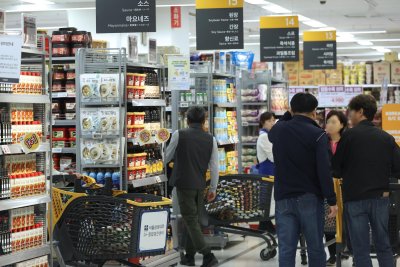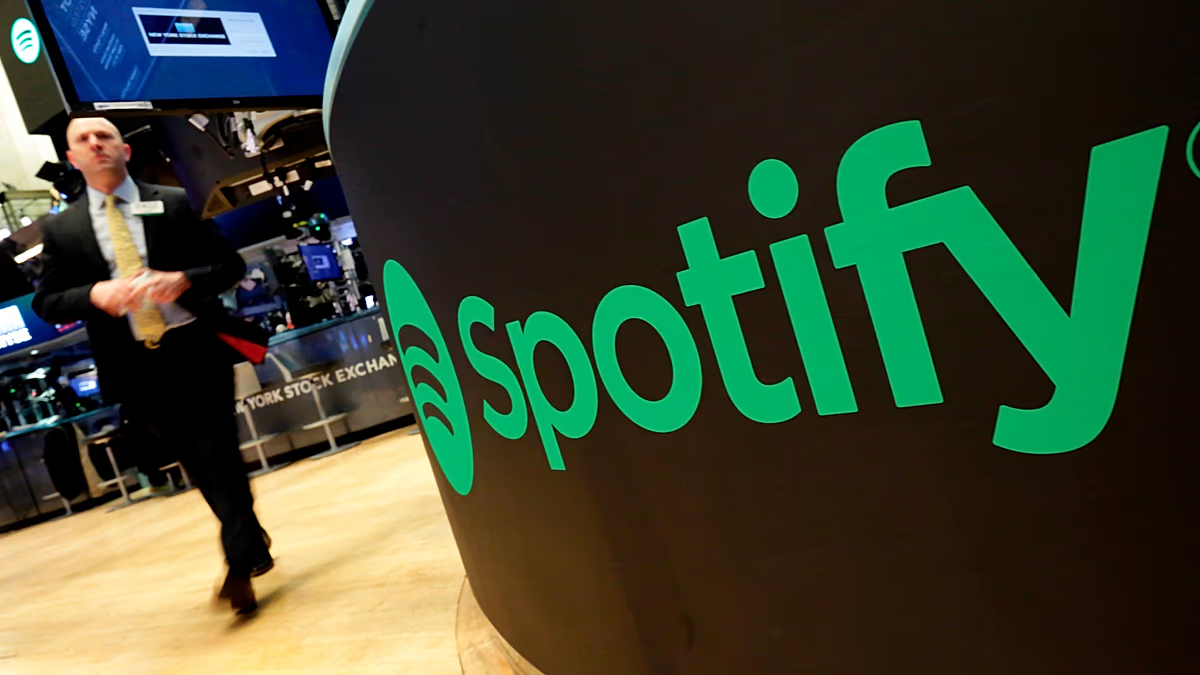South Korea food firms expand cutbacks as profits slide

Food products are displayed at a supermarket in Seoul on May 16, 2025, as major domestic food companies reported declines in first-quarter operating profits amid rising costs and weak consumer demand. File. Photo by Yonhap News Agency
Feb. 24 (Asia Today) — Major South Korean food companies are expanding cost-cutting and restructuring efforts after operating profits fell by as much as 30% last year amid a domestic demand slump and rising costs, industry officials said Monday.
Lotte Wellfood is running a voluntary retirement program for some employees as part of efforts to streamline its organization, according to industry sources.
The program targets workers 45 and older with at least 10 years of service. In addition to statutory severance pay, eligible employees with 10 to under 15 years of service would receive 18 months of base pay, while those with 15 years or more would receive 24 months, officials said.
The package also includes a 10 million won ($7,500) re-employment support payment and up to 10 million won ($7,500) in university tuition assistance per child.
Lotte Wellfood said it plans to pursue growth strategies such as developing major brands and expanding global business operations while improving organizational efficiency.
Binggrae carried out a similar voluntary retirement program in January, citing cost increases and weakening consumption, according to industry sources.
CJ CheilJedang has also signaled tighter management. Chief executive Yoon Seok-hwan told employees in a message earlier this month that the company needs “disruptive change and innovation,” outlining plans for business restructuring, financial improvements and organizational culture reforms.
The restructuring push follows a downturn in earnings. Industry data show operating profit last year fell 20.6% at CJ CheilJedang, 30.3% at Lotte Wellfood and 32.7% at Binggrae compared with a year earlier.
Companies have faced pressure from raw material price volatility, higher logistics costs and slowing consumer demand. Executives have also cited stronger consumer resistance to price increases, limiting their ability to pass through costs.
Some analysts cautioned that repeated short-term cutbacks could weaken competitiveness over time unless companies deliver results from new growth initiatives.
— Reported by Asia Today; translated by UPI
© Asia Today. Unauthorized reproduction or redistribution prohibited.
Original Korean report: https://www.asiatoday.co.kr/kn/view.php?key=20260224010007289

